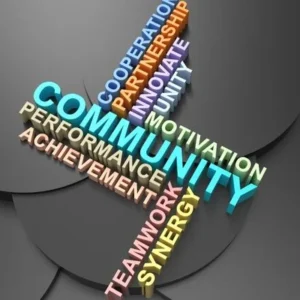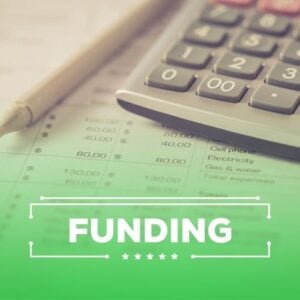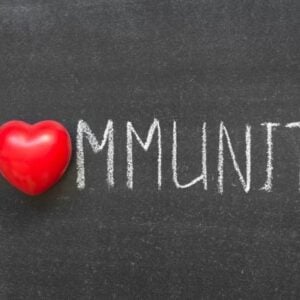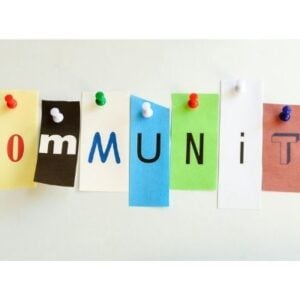On June 18, 2025, BudgIT, in collaboration with Connected Development, hosted a Pause and Reflect session in Dakar, Senegal. The event was intentionally designed as a space for civil society organisations, community-based organisations, community leaders, and development actors to share candid reflections on what it truly means to localise development aid. Unlike typical conferences or meetings, it emphasized dialogue and learning from lived experiences to rethink traditional approaches to aid.
The session brought together 30 participants from across Senegal, representing sectors such as health, education, agriculture, and governance. Each participant contributed insights from their work, challenging conventional aid structures and inspiring new approaches to community-driven development. The diversity of perspectives highlighted the importance of local knowledge in shaping effective development strategies.
The discussion began with an exploration of the history of development aid in Senegal, tracing its evolution from colonial foundations to contemporary partnerships with institutions like the European Union, USAID, AFD, and the World Bank. Participants examined how historical events, such as the Structural Adjustment Programmes of the 1980s, shifted service delivery from government to civil society organisations, creating a precedent for localised development. They noted that international donors still exert significant control over projects, often tying funding to rigid targets and reporting requirements that may not align with local realities. Stories of resilience from community-led initiatives demonstrated the potential of local ownership when trust and autonomy are prioritised.
Participants reflected on the concept of localisation, acknowledging that its definition varies based on roles, regions, and challenges. Despite these differences, there was consensus on the need for better alignment between donor priorities and community needs. Some programmes were seen as disconnected from local contexts or excluded community voices during the design phase. Practical ideas for improving localisation included creating collective resource pools through CSO contributions, strengthening sector-specific organisations, clarifying NGO legal frameworks, fostering collaboration between civil society and government, and leveraging digital tools to enhance accountability and connectivity. There was also interest in developing a shared framework for localisation that respects global standards while reflecting Senegalese cultural and social realities.
Throughout the session, BudgIT observed that local organisations are already leading, adapting, and innovating despite limited resources. The participants demonstrated that they do not wait for empowerment; what they require are fewer barriers, more flexible funding, and partnerships grounded in trust. The discussions also highlighted gaps in donor approaches, as many international actors talk about localisation without sufficiently shifting power or resources to local stakeholders, risking localisation remaining merely a concept rather than a practical reality.
The Dakar session reinforced the value of creating spaces for reflection and dialogue, where positions, agendas, and solutions that are often missing from high-level strategies can emerge. Such spaces foster relationships that can enable deeper collaboration long after the event concludes.
This session is part of a broader initiative by BudgIT and CODE, with similar conversations planned in Nigeria. Insights from multiple countries, including Kenya, will be combined into a multi-country report to guide future advocacy and enhance development practices across Africa. The effort is ongoing, aiming to shift power, strengthen accountability, promote transparency, and support genuinely community-driven development.







